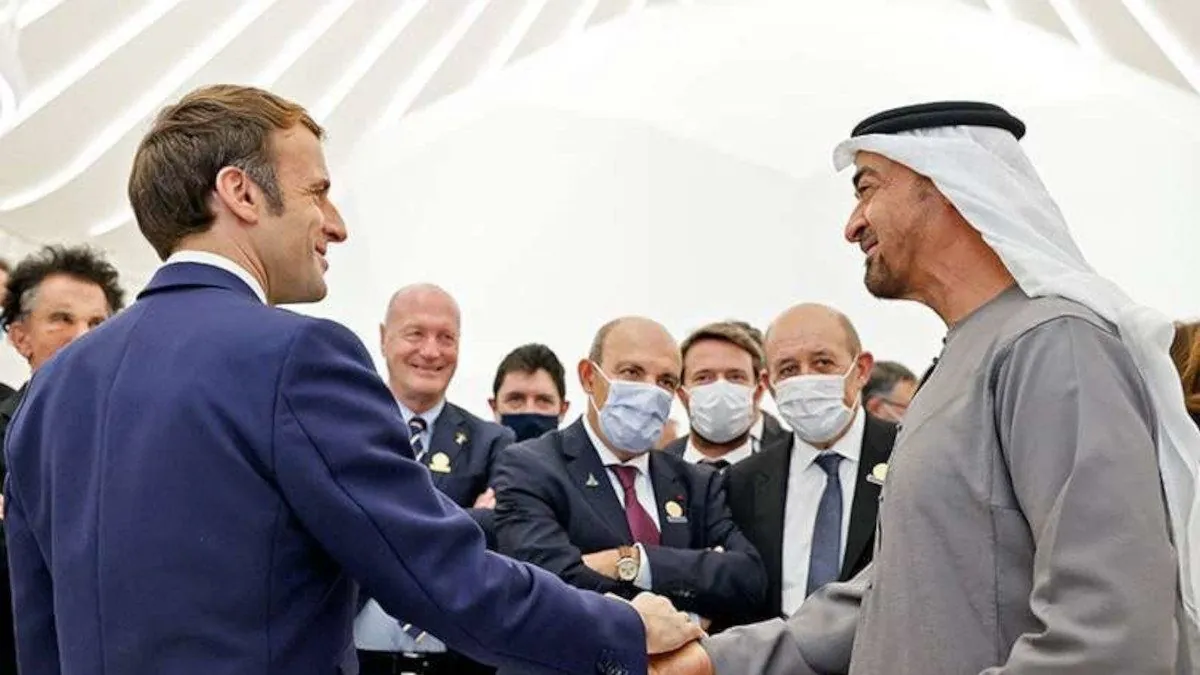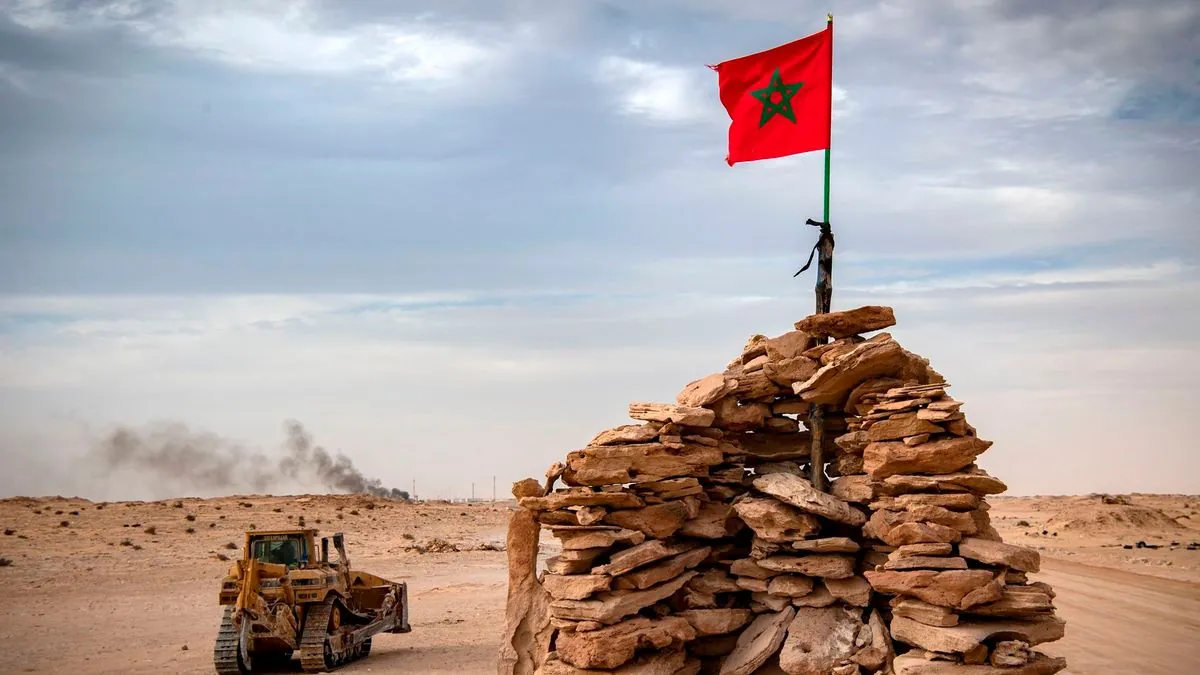France Backs Morocco's Western Sahara Plan, Sparking Diplomatic Tensions
France's support for Morocco's Western Sahara autonomy plan strains relations with Algeria. The move could reshape regional dynamics and influence other nations' stances on the long-standing dispute.

France has officially endorsed Morocco's plan for limited autonomy in Western Sahara, a move that has intensified diplomatic tensions in North Africa. In a letter made public on July 30, 2024, French President Emmanuel Macron expressed support for Morocco's 2007 proposal, describing it as the "only basis" for resolving the decades-long conflict.
The decision has prompted a swift response from Algeria, which backs the Polisario Front's quest for Western Sahara's independence. Algiers has halted deportations of its citizens from France and recalled its ambassador, echoing a similar dispute from 2021.
Western Sahara, a former Spanish colony, has been a contentious issue since Morocco annexed approximately 80% of the territory in 1975. The region is rich in mineral resources and fishing grounds, making it a valuable asset for Morocco. However, the Polisario Front, supported by Algeria, has long sought self-determination for the Sahrawi people.

France's stance aligns with recent shifts in international positions. In December 2020, the United States recognized Moroccan sovereignty over Western Sahara in exchange for Morocco normalizing relations with Israel. Spain followed suit in 2022, backing Morocco's claim.
Macron's endorsement could have far-reaching implications, given France's position as a permanent member of the UN Security Council. It may influence other nations to reconsider their stance on the conflict, potentially altering the diplomatic landscape.
"Whatever hardships Morocco tries to impose on us with the support of France, the Sahrawi people will continue to stubbornly defend their rights until they obtain the definitive departure of the Moroccan aggressor from their territory and general recognition of the legitimacy of their struggle for self-determination and independence."
Economic factors may have played a role in France's decision. Morocco has offered French companies access to renewable energy projects and critical minerals essential for the energy transition. The move could secure French involvement in a $1.2 billion port project in Dakhla, Western Sahara.
Meanwhile, other regional developments are unfolding. Sudan peace talks are scheduled for August 14, 2024, in Geneva, without the participation of the Sudanese army. The conflict between Sudan's military and the Rapid Support Forces, led by Gen. Mohamed Hamdan Dagalo, has been ongoing since April 2023.
In Tunisia, President Kais Saied's grip on power continues to tighten. Only two candidates have been cleared to run against him in the October 6, 2024, presidential election, raising concerns about the state of democracy in the country.
Elsewhere in Africa, Ethiopia has announced plans for a mega-airport near Addis Ababa, designed to handle 100 million passengers annually. The project, set for completion in 2029, reflects the country's ambitions and the success of Ethiopian Airlines, one of Africa's leading carriers.
As these events unfold, the international community watches closely to see how France's new position on Western Sahara will reshape regional dynamics and influence future diplomatic efforts in North Africa.


































